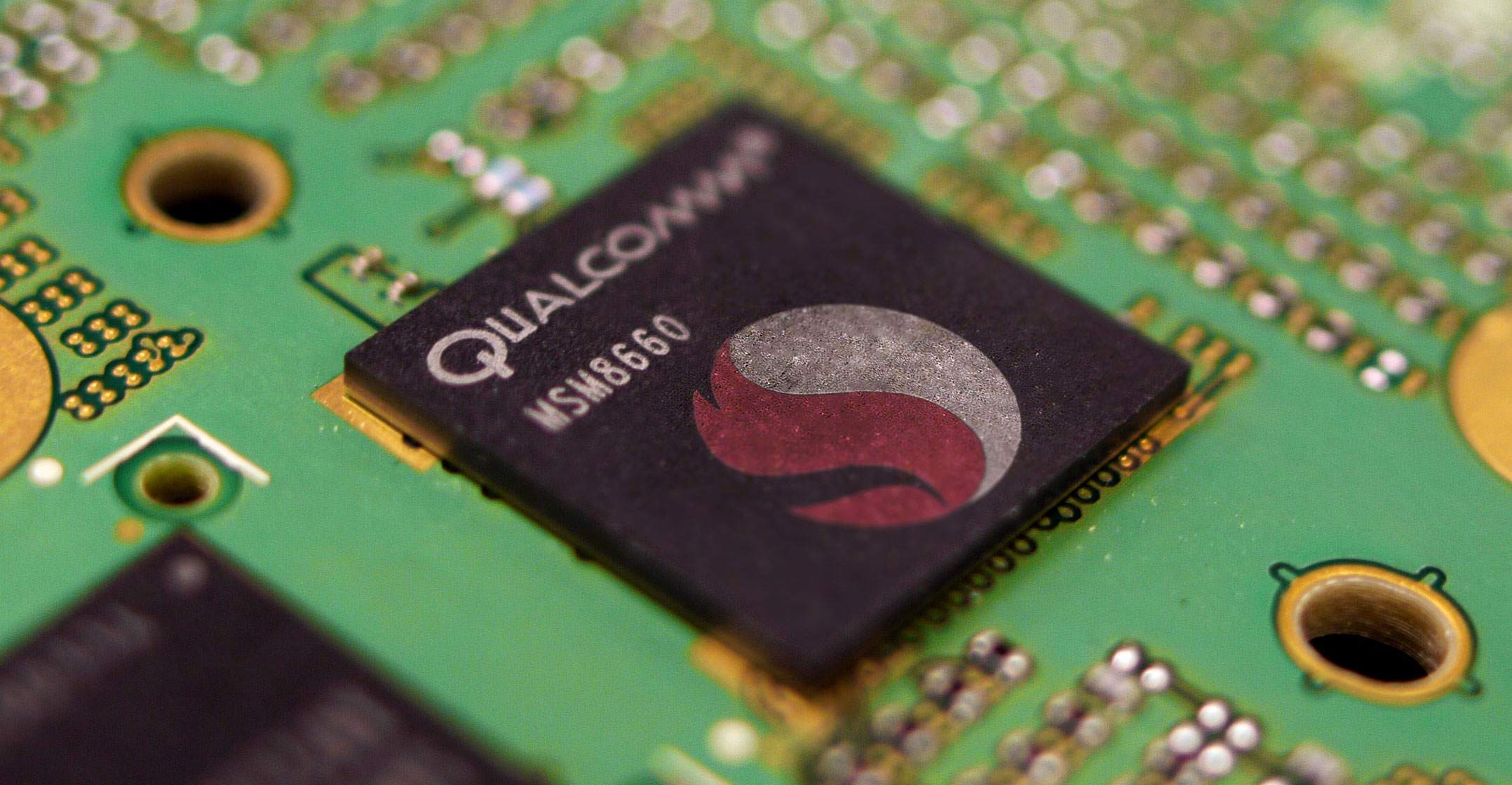
[dropcap]A[/dropcap]pple has said in a legal filing that there is “mounting evidence” Qualcomm is operating an “illegal business model” designed to extract high patent royalties on every wireless device sold.
The iPhone maker said it was adding more allegations to a complaint filed in January that accuses Qualcomm of trying to monopolise the chip market for wireless devices. The new claims, filed on Tuesday in federal court in San Diego in the US, add to what was already an ugly fight between two of the most profitable technology companies.
Apple found “continuing — and mounting — evidence of Qualcomm’s perpetuation of an illegal business model that burdens innovation”, according to the filing. It claims some of the patents that Qualcomm wants to get paid for are invalid and that Qualcomm hasn’t fulfilled its obligation to charge fair and reasonable rates on patents related to industry standards.
The amended lawsuit highlights a May US supreme court ruling that limited the ability of patent owners to control the use of their products after they are sold, so they don’t get paid twice for the same invention. Apple wants the right to argue that Qualcomm has exhausted its rights to some patent royalties.
Qualcomm sells the chips it makes but also licenses its technology. As a result, it gets a cut of every phone sold, whether they have Qualcomm chips or not. “This is precisely the kind of double dipping, extra-reward system that the court’s decision” sought to eliminate, Apple argued.
Qualcomm has said before that it’s Apple that’s been dealing unfairly. In an April filing, Qualcomm accused Apple of lying to regulators to spur investigations, breaching contractual pledges and misrepresenting facts. Officials with San Diego-based Qualcomm couldn’t immediately be reached for comment on the new filings.
Industry standard
In a filing to the supreme court, Qualcomm sought to distance its licensing practices from the issues before the high court, which involved the ability to resell used printer cartridges. Describing itself as a “research and development engine for the entire mobile industry”, Qualcomm said it doesn’t require companies buy its chips, but all must pay for the technology used as part of the industry standard.
Apple directed its suppliers to stop paying Qualcomm, which in turn asked a US court to order those payments be made. Qualcomm said revenue may be down more than US$1bn/quarter because of the withheld payments. The amendments on Tuesday delve more deeply into the contract relationships, as Apple seeks greater ability to challenge the terms that Qualcomm demands.
The contractors, caught between the two companies, are paying Qualcomm royalties on products they make for companies other than Apple. A hearing on Qualcomm’s request is scheduled for 15 August.
In a separate court filing, Apple asked that the court dismiss certain counterclaims that Qualcomm made, including one that accused Apple of making false statements about the quality of chips made by Qualcomm’s competitor, Intel. Qualcomm says its chips are better than Intel’s.
Apple also denied Qualcomm charges that it’s been actively pushing for regulatory investigations and interfering with Qualcomm’s contracts with contract manufacturers. Apple and Qualcomm don’t have a direct contract; instead, Qualcomm is paid by the manufacturers, which are in turn reimbursed by Apple.
There’s no dispute that Qualcomm revolutionised how mobile devices communicate, enabling the transformation of phones into devices that can be used to watch movies, surf the Web and play videogames.
At issue is how much Qualcomm should be paid. Apple says phones are more than just the transmission of data or phone calls, yet Qualcomm wants to get paid as if it had a role in creating the latest camera technology or touch screen.

Qualcomm’s demand that it be paid a percentage of every phone “may have been defensible when a phone was just a phone,” Apple said in its filing. “Today it amounts to a scheme of extortion that allows Qualcomm unfairly to maintain and entrench its existing monopoly.”
The Apple lawsuit was first filed days after the US Federal Trade Commission lodged an antitrust complaint that Apple was being forced to exclusivity use Qualcomm chips in return for lower licensing fees. Regulatory agencies around the world have been investigating Qualcomm. — Reported by Susan Decker, (c) 2017 Bloomberg LP




